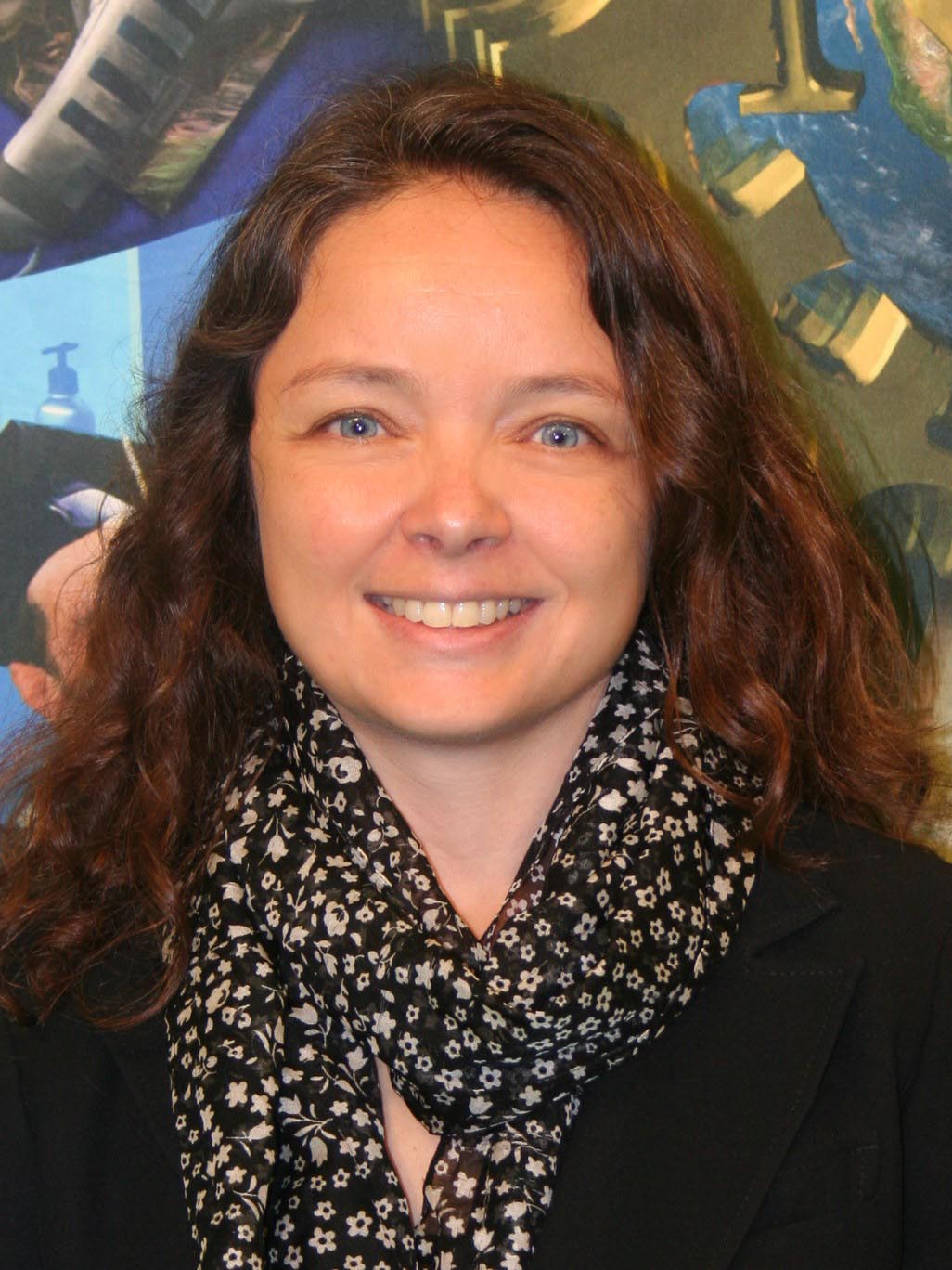Cross-Cutting Initiatives are integrative or synthesis activities that foster or require collaborations between Future Earth networks and/or facilitate research co-creation and transdisciplinarity. Original projects and those addressing priorities identified by the Future Earth Assembly are eligible for consideration.
Awarded Projects
- Climate Histories Intervention: Bringing academia into conversation with the public through Art-Science: Anneli Ekblom, Global Research Network (GRN), Felix Riede, Global Research Network (GRN), Lindsey Gillson, Global Research Network (GRN) This project combines three Future Earth Global Research Networks: IHOPE (Integrated History and Future of People on Earth), PAGES (Past Global Changes) and the Knowledge Action Network on Emergent Risks and Extreme Events. In this project, they aim to experiment with Art-Science collaborations and interventions to stimulate public engagement at academic conferences. This project takes the opportunity to work with the Climate Histories conference held in Uppsala from 19–21 August 2025 under the umbrella of the European Society of Environmental History (ESEH).
- Solution-oriented approaches to unlock and pinpoint investment opportunities in sustainable and resilient agrosystem: Anik Bhaduri, Global Research Network (GRN), Kazuo Nadaoka, Regional, National or Local Committee or Structure, Kate Nairn, Regional, National or Local Committee or Structure, Joon Kim, Regional, National or Local Committee or Structure, Siwatt Pongpiachan, Regional, National or Local Committee or Structure and Ram Avtar, Global Research Network (GRN) – This project is a transdisciplinary knowledge synthesis effort coordinated by Future Earth-Asia that can help to prioritise investment and policies related to sustainable and regenerative land and water management solutions to increase agricultural production without compromising the agricultural disservices to the ecosystem and biodiversity. The project will contribute to the assessment of Biodiversity and Ecosystem Services (BES) Risk in East and Southeast Asia that can exhibit the consequences of an increase in agricultural production (intensification and extensification) on the state of the ecosystem and biodiversity with the understanding of the trade-off between agricultural production risk and other ecosystem and biodiversity risks. It will develop meaningful indicators using advanced tools and methods integrating physical and socio-economic approaches in assessing agriculture production risks and the associated tradeoffs with biodiversity and ecosystem services risks at a spatial level.
- Empowering Future Leadership: A Coastal Sustainability Value Chain: Xiaoyu Fang, Global Research Network (GRN), Raphael Roman, Early Career, Linwood Pendleton, Global Research Network (GRN), Denis Aheto, Global Research Network (GRN), Shu Gao, Global Research Network (GRN), Heath Kelsey, Global Research Network (GRN), Teina Rongo, Global Research Network (GRN), Christine Sams, Global Research Network (GRN), Tutea Quesnot, Global Research Network (GRN) This project integrates academic and Indigenous knowledge with just transition principles and collaborative efforts to enhance coastal resilience. Each workshop in this series addresses a key component of the value chain, from integrating diverse knowledge systems and supporting sustainable practices to fostering innovation and building partnerships. This comprehensive approach aims to ensure the long-term sustainability and resilience of coastal ecosystems and communities.
- Developing a Total End-to-End Green Farming Supply Chain Solution for Africa (GREENFARM.Africa): Semeena Valiyaveetil Shamsudhee, Global Research Network (GRN); Faten Bahar, Global Research Network (GRN); Fumiko Kasuga, Regional, National or Local Committee or Structure; Robyn Owen. This project in collaboration with iLEAPS, the Finance and Economics KAN, the Nexus KAN and the Middlesex University GreenFin Research Cluster will develop an end-to-end solution to improve farmers’ lives in Africa. To address the need for more equitable access to international markets, the project will utilise state-of-the-art satellite and supporting technology (e.g. drones, smartphones) to evidence improved farming practices, working with an initial sample of 400 cooperative farmers supported by the DAWN Commission in Western Nigeria. The trans-disciplinary expert project team will work with local farmers and support services on the ground to develop an effective blueprint (initially non-technical) proof-of-concept for developing a green blockchain end-to-end food production, transportation and export market solution – initially for the UK export market. This project will collect data on farming practices, size, location, equipment usage and sharing, crop selection, crop performance, routes to market and financial performance, and co-create solutions with stakeholders.
- Developing a Meta-Network (Network of Networks) for Collaboration of Programs on Oceans, Marginal Seas and Coasts Under the Future Earth: Xiaoyu Fang, Global Research Network (GRN); Kazuo Nadaoka, Regional, National or Local Committee or Structure; Rhodora Azanza, National or Local Committee or Structure; Laura David; Global Research Network (GRN), Low/Middle Income Country (LMIC) Expert; Aimee Gonzales
- Co-Designing Ocean Science and Traditional Knowledge to Support the Design and Management of Indigenous Marine Protected Areas: Linwood Pendleton, Global Research Network (GRN); Stella Alexandroff, Global Research Network (GRN), Early Career; Futuru Tsai, Regional, National or Local Committee or Structure; Jean, Tseng, Global Research Network (GRN), Regional, National or Local Committee or Structure; Sophie Su, Global Research Network (GRN), Regional, National or Local Committee or Structure; Tung-yuan, Ho, Global Research Network (GRN), Regional, National or Local Committee or Structure; Teina Rongo, Global Research Network (GRN); Jackie Rongo, Global Research Network (GRN); Antony Vavia; Liam, Kokua, Global Research Network (GRN)

